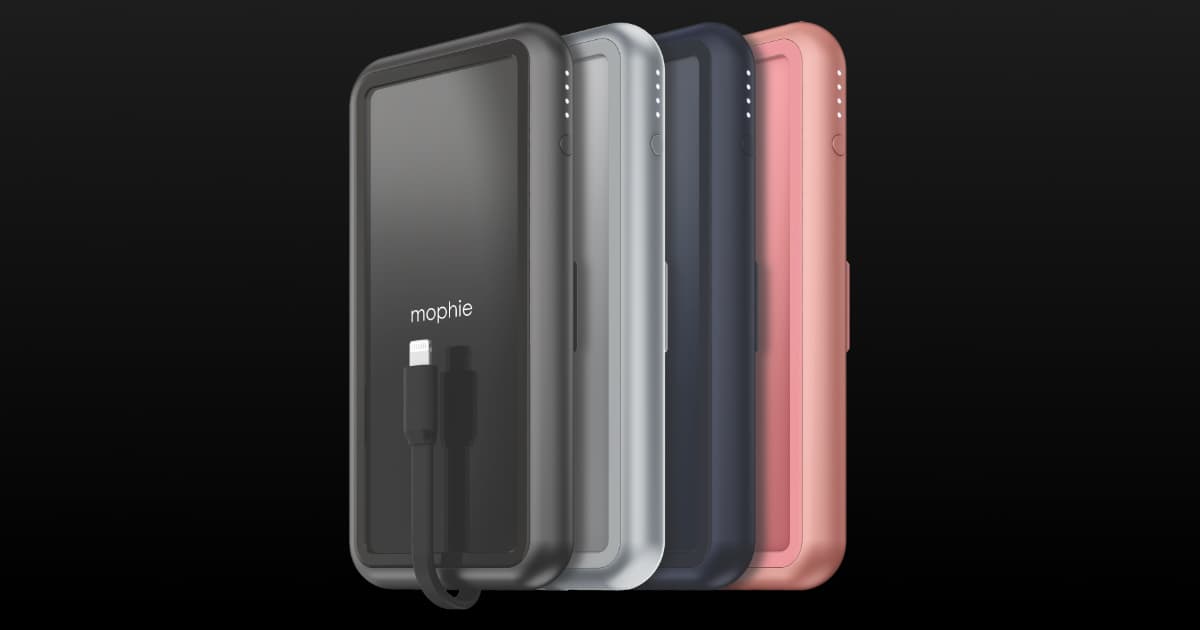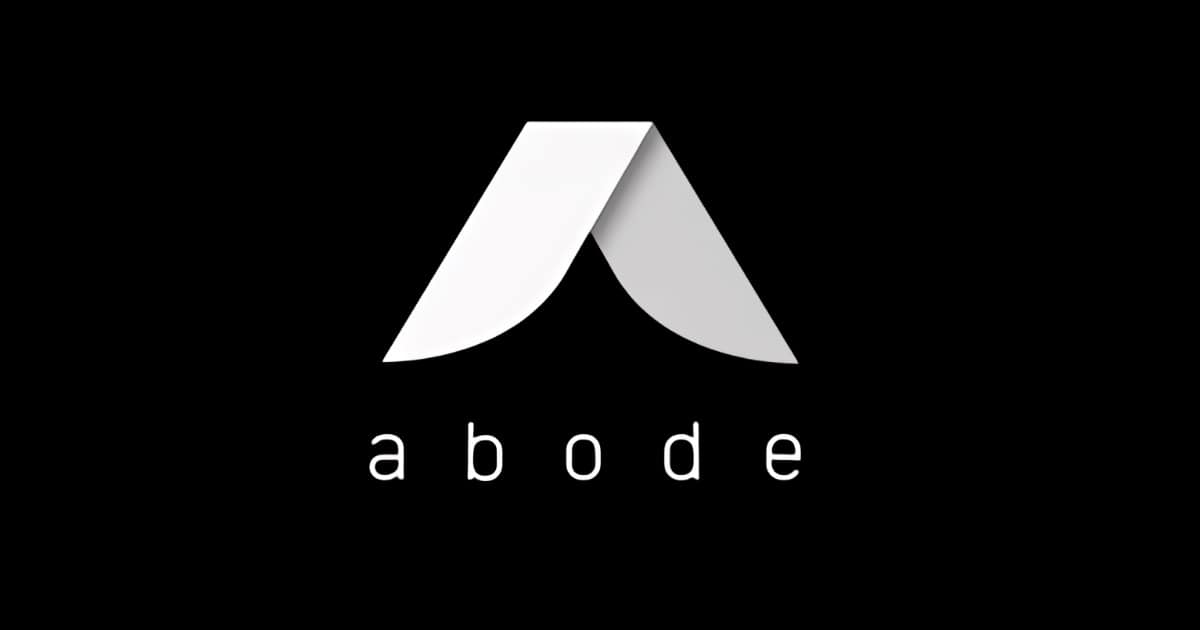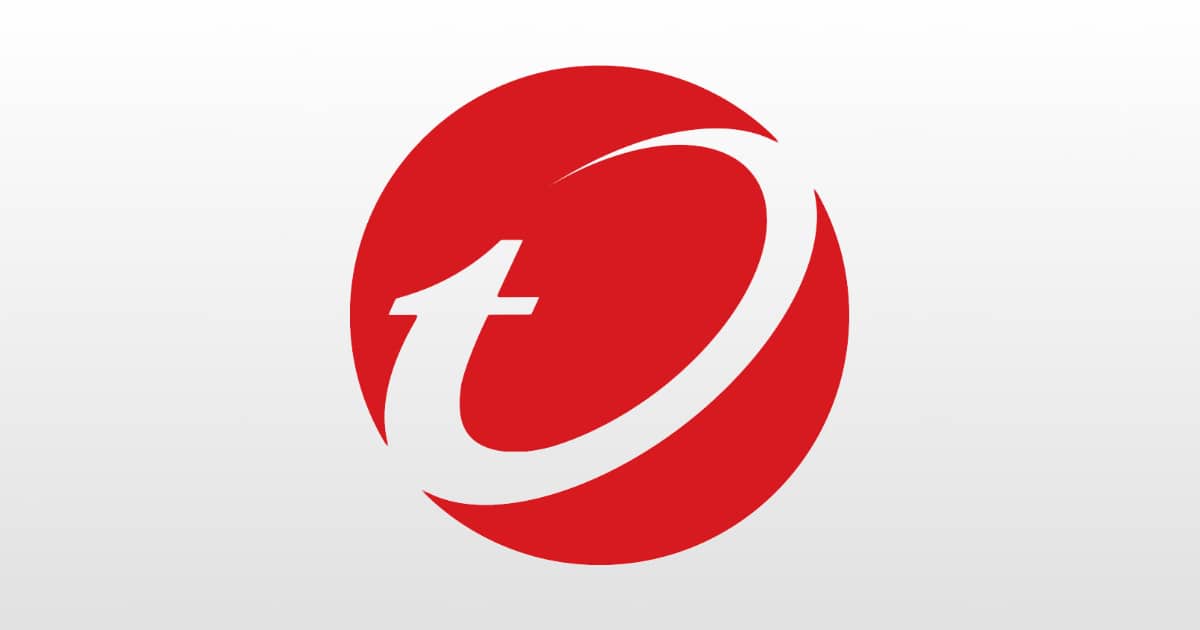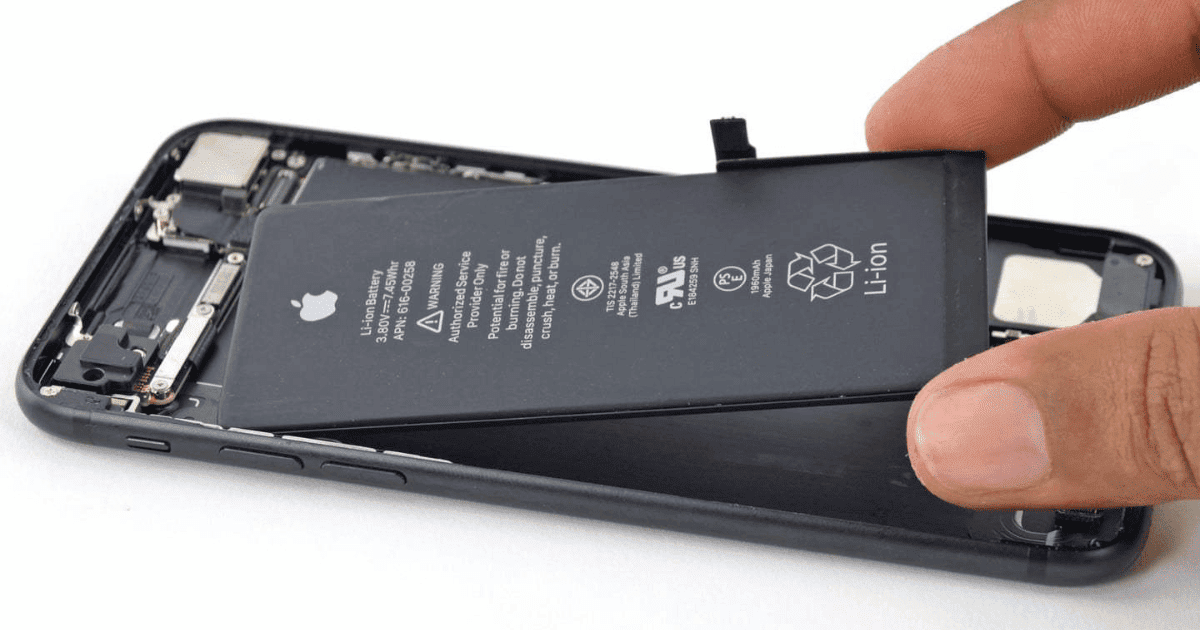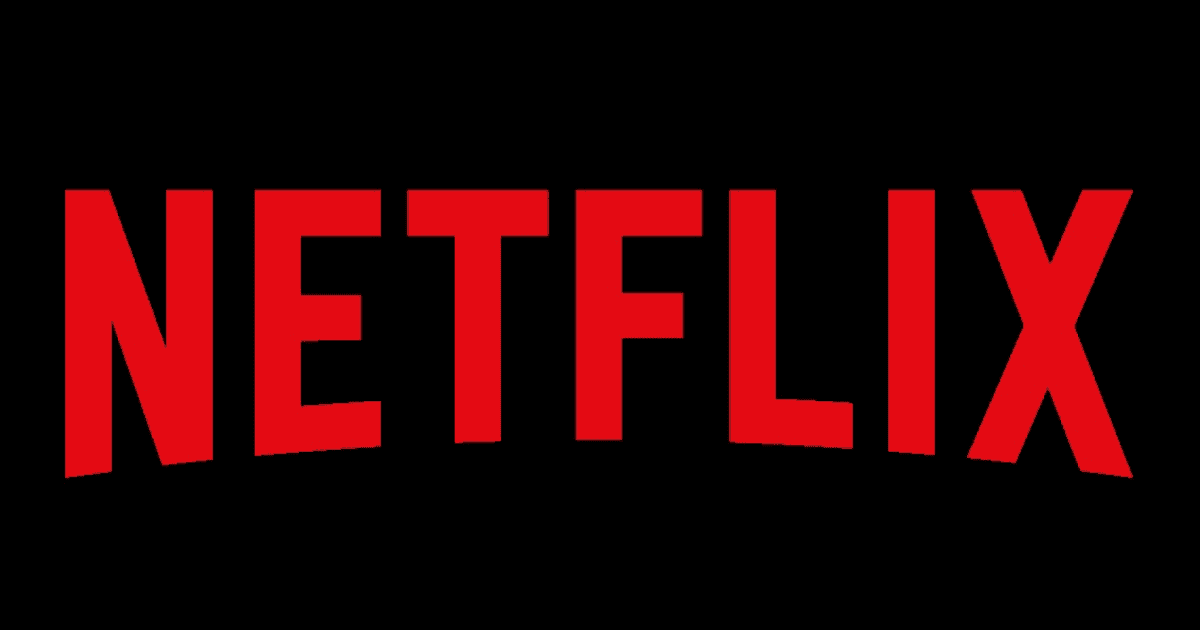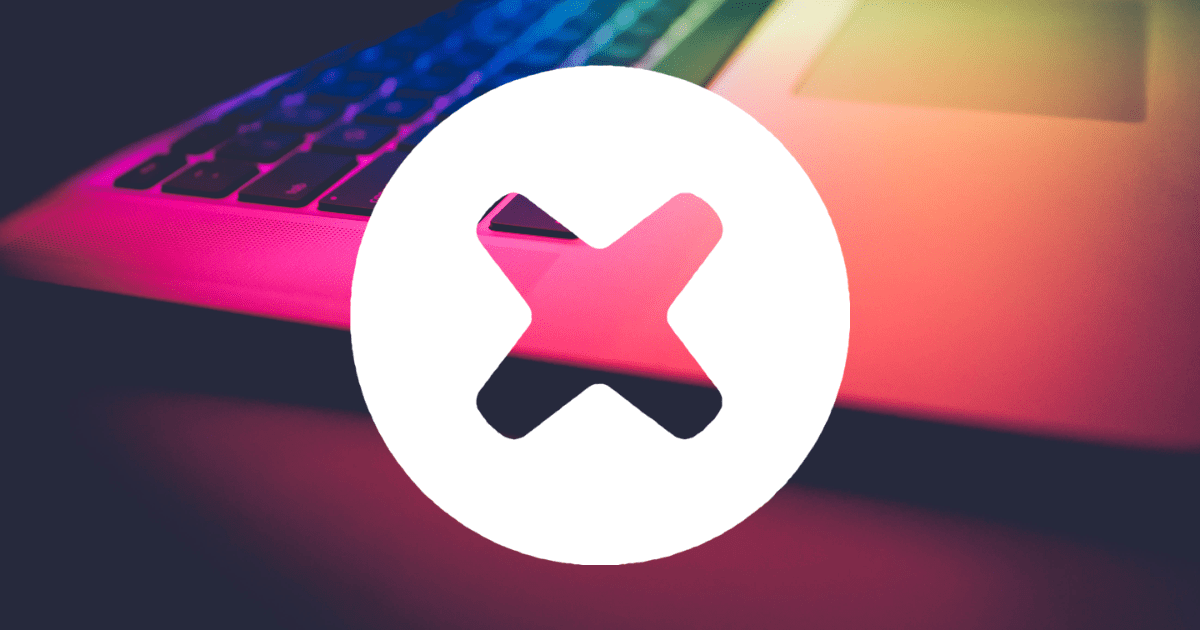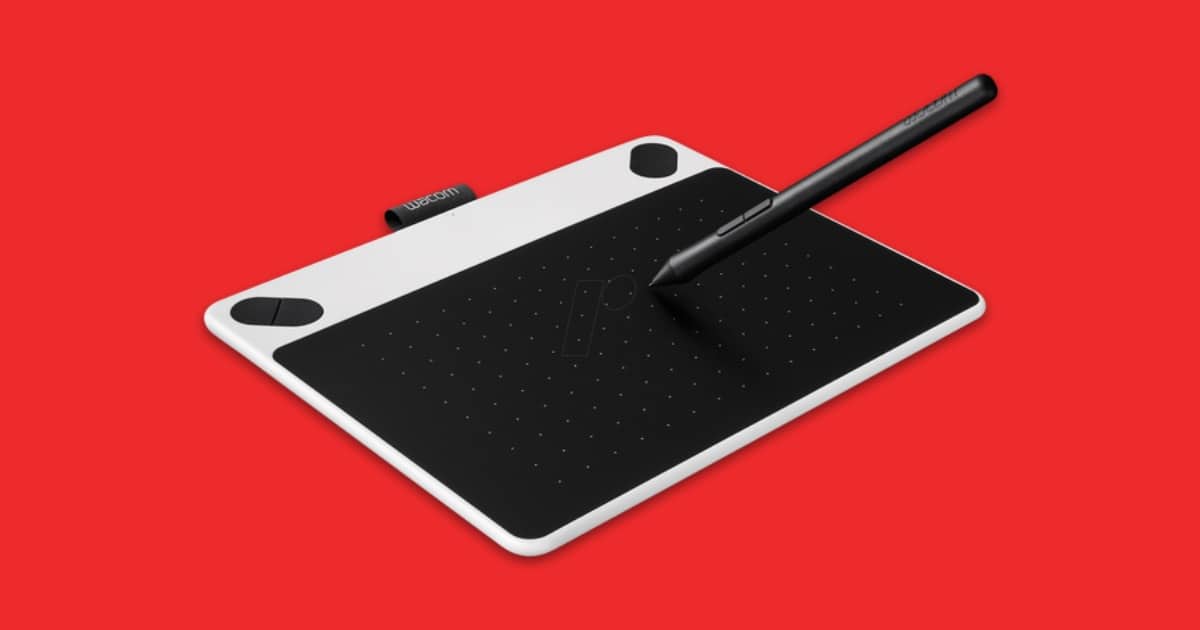iPadOS and iOS 13.4 public beta one is now available today. Changes include the return of iCloud folder sharing, and more.
Articles by Andrew Orr
New Mophie Fast-Charge Battery Packs Available at Apple
mophie recently announced three new fast-charge battery packs available at Apple.com and certain Apple retail stores. They are: powerstation, powerstation plus, and powerstation plus XL. They all feature 18W fast charge, Lighting input, and the ability to charge multiple Apple devices at the same time.
Suggested retail prices are as follows: powerstation US$59.95; powerstation plus US$79.95; powerstation plus XL US$99.95.
Abode Smart Security Kit adds HomeKit Support
Abode is adding HomeKit support to its Smart Security kit, a DIY home security system featuring a gateway, motion sensor, and more.
FBI Investigates Over 1,000 Cases of Chinese IP Theft
At the China Initiative Conference, government officials from the FBI and DoJ spent four hours talking about theft of U.S. intellectual property by China.
“The threat from China is real, it’s persistent, it’s well-orchestrated, it’s well-resourced, and it’s not going away anytime soon,” John Demers, Assistant Attorney General for National Security, opened the conference.
“This one to me really stands out as the greatest long-term threat to our nation’s information and intellectual property, and to our economic vitality,” said FBI Director Christopher Wray.
Not Wanting Surveillance Competition, Facebook Tells Clearview AI to Back Off
Last month, we got word that a company called Clearview AI helped law enforcement with its facial recognition technology. Now, Facebook and Google, which also use facial recognition, told Clearview AI to stop scraping images from each one’s website.
Ton-That argued that his firm’s work is protected by the First Amendment and also that Clearview doesn’t do anything Google doesn’t.
“The way we have built our system is to only take publicly available information and index it that way,” he said.
Ton-That added, “Google can pull in information from all different websites… So if it’s public and it’s out there and could be inside Google search engine, it can be inside ours as well.”
Avast Probably Isn't The Only Antivirus Company Selling User Data
In today’s episode of The Mac Observer‘s Daily Observations podcast, Kelly and I did our Security Friday. We talked about two security articles this week, and answered a reader’s question about antivirus programs. I mentioned that people shouldn’t use Avast since it was revealed they collected and sold user data. Now, in the irony of ironies, I got an email today from someone offering me Trend Micro user data.
We have an updated contact list of Trend Micro Users, which can support your marketing campaigns. The database will have access to complete contact information of Trend Micro Users including Emails, Phone number, Mailing address and other relevant data fields. Please let me know your interest in acquiring the list and I will get back to you with counts and pricing. Also, let me know if you are interested in acquiring similar technology users contact list.
That’s a no from me, fam.
Apple Watch February 2020 Activity Challenge Starts Tomorrow
Apple Watch users: Celebrate Heart Month with the February 2020 Activity Challenge to get special iMessage stickers and an activity badge.
A Solution to Improve iPad Multitasking
Complaints about iPad multitasking have been making the rounds lately, and I largely agree with them. It’s not obvious how to put two apps into Split View mode for example. When I got my iPad Pro I had to look up how to do it. Ryan Christoffel of MacStories came up with a solution, reminiscent of macOS Catalina. As in, long press an app icon and see a menu with options for “Pair Left of App”, “Pair Right of App” etc. I have to say, I do hate this feature in Catalina, where you click on a Safari full screen button to drag it into Split View, but now there’s this same menu. It adds an unnecessary wait to a feature that was previously instant. However, I think it makes sense on the iPad because a long press already required a wait.
With a long-press on any app icon, on both iPhone and iPad, a context menu appears. This same gesture works whether the app icon is in your dock, on your Home screen, or in Search. Context menus currently display options like Edit Home Screen, Show All Windows, and any app-specific quick actions. Let’s add a couple new options that relate to multitasking.
Trump Administration Uses Location Database for Immigration, Border Enforcement
An investigation revealed that the Trump admin bought access to a commercial database that contains location data from millions of Americans.
France Fines Apple $27 Million for Slowing Older iPhones
DGCCRF, France’s consumer watchdog, fined Apple €25 million (US$27.3 million) for intentionally slowing the performance older iPhones.
Get a Free Movie Rental by Using Apple Pay With Postmates
Apple’s newest promotion for Apple Pay is here. Spend at least US$10 with Postmates to get a free movie rental through Apple’s TV app.
More Cities, States Say No to Cashless Businesses
Last month New York City passed a bill to ban businesses from rejecting cash. On February 13 a similar resolution will be heard in Washington, D.C.
Excluding people from paying with cash means “essentially discriminating against people who are low-income, people who are homeless, also undocumented,” she said.
Getting a credit or debit card often requires a form of ID, a utility or another bill, money to deposit and a financial history. Mitchell said that in Washington, D.C., nearly a third of residents rely on cash every day because they don’t have a card or even a bank account.
New Video Shows off iPhone 11 Night Mode Capability
Set to “We Only Come Out At Night” by Smashing Pumpkins, Apple’s new video shows the capabilities of iPhone 11’s Night Mode feature. Whether your situation is low-light or no-light, Night Mode is a powerful camera feature that turns on automatically. Look for the Night Mode icon at the top of the camera, which looks like a crescent moon. It will turn yellow when it’s enabled. Your iPhone might take the shot instantly, or it will take several seconds. It depends on how dark your scene is.
Here’s How to Turn Off Netflix Autoplay Previews
Today we can finally turn off Netflix autoplay previews, a feature that annoyed many users. You’ll have to sign in to Netflix in a browser.
Was Facebook’s Libra Planning to Make Money in Dirty Ways?
I know that’s kind of a clickbait headline but it’s from a quote by Mastercard CEO Ajay Banga, who dropped out of Facebook’s Libra organization after “multiple red flags.” Emphasis mine:
One reason was Libra’s leaders wouldn’t commit to abiding by laws around knowing their clients, money laundering, and data management, he told the newspaper.
“Every time you talked to the main proponents of Libra, I said ‘Would you put that in writing?’ They wouldn’t.”
It was also unclear to Banga how Libra would generate revenue, stoking his fears that it would make money in unscrupulous ways. “When you don’t understand how money gets made, it gets made in ways you don’t like,”
Facebook profiting off of money laundering?
Dolby Atmos Coming to LG Apple TV App Later in 2020
LG confirmed that the Apple TV app on its TVs will support Dolby Atmos and AirPlay 2 later this year.
Apple Independent Repair Program has a Strict Contract
The Apple Independent Repair Program sells parts, tools, and diagnostic services to repair shops, but the contract has strict rules.
Wacom Tablets Track Your Open Apps, Sending the Data to Google
Software engineer Robert Heaton discovered that his Wacom tablet was tracking every app he opened and sending that data to Google Analytics.
I suspect that Wacom doesn’t really think that it’s acceptable to record the name of every application I open on my personal laptop. I suspect that this is why their privacy policy doesn’t really admit that this is what that they do. I imagine that if pressed they would argue that the name of every application I open on my personal laptop falls into one of their broad buckets like “aggregate data” or “technical session information”, although it’s not immediately obvious to me which bucket.
Healthcare Systems Oppose Medical Data Sharing Rules
Epic Systems and about 60 hospitals have signed a letter to oppose rules that would make it easier for patients to obtain and share their medical data.
Kids Need End-to-End Encryption for Protection Against Corporations
In a report from the Financial Times (paywall), a letter signed by 129 non-profits, think tanks, and academics urge Facebook to reconsider encrypting its apps. They use the “think of the children” argument because encryption could enable more child sexual abuse. But Justin Myles Holmes says we should think of the children and enable end-to-end encryption for them, so their data isn’t used and abused by corporations precisely like Facebook.
If we fail to take action now, we risk a world in which unsavory actors – domestic and foreign – have built rich, comprehensive profiles for every one of our children, following the trajectories of their education, home life, consumer habits, health, and on and on. These profiles will then be used to manipulate their behavior not only as consumers, but as voters and participants in all those corners of society which, in order for freedom and justice to prevail, require instead that these kids mature into functional, free-thinking adults.
Apple’s Commitment to Privacy is Going Down the Drain
Vicki Boykis wrote yesterday about Apple’s privacy, current flaws, and how the company should do better (I agree!)
So, here we are, in 2020, with Apple in a bit of a pickle. It’s becoming so big that it’s not prioritizing security. At the same time, it needs to advertise privacy as a key differentiator as consumer tastes change. And, at the same time, it’s about to get canclled [sic] by the FBI, China, and Russia.
And while it’s thinking over all of these things, it’s royally screwing over the consumer who came in search of a respite from being tracked.
WhatsApp Security Flaw Found on Desktop Version
A flaw found in the desktop version of WhatsApp lets third-parties access your file system on macOS and Windows.
Universal App Purchases Coming to iOS, macOS
Starting in March 2020, universal app purchases are coming to iOS and macOS. Apps bought on one platform will be unlocked on the other.
VSCO X Film Presets and What They're Best For (Update)
VSCO X is a membership program for the photography app VSCO. It’s a yearly subscription that offers members exclusive film emulation presets.


